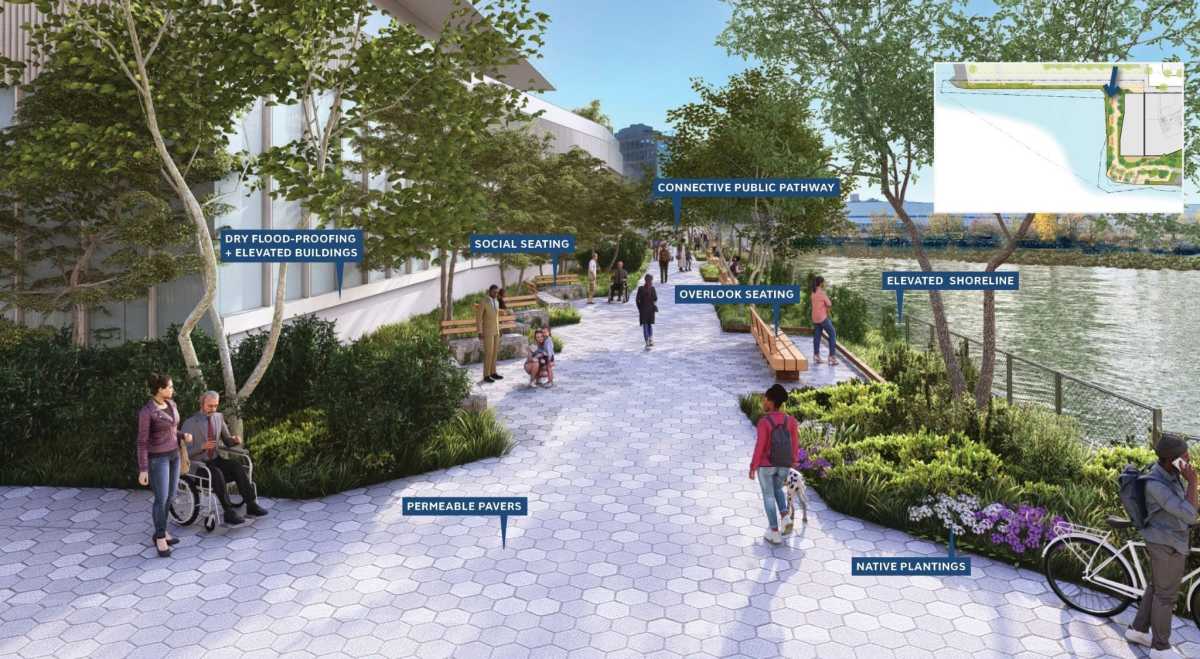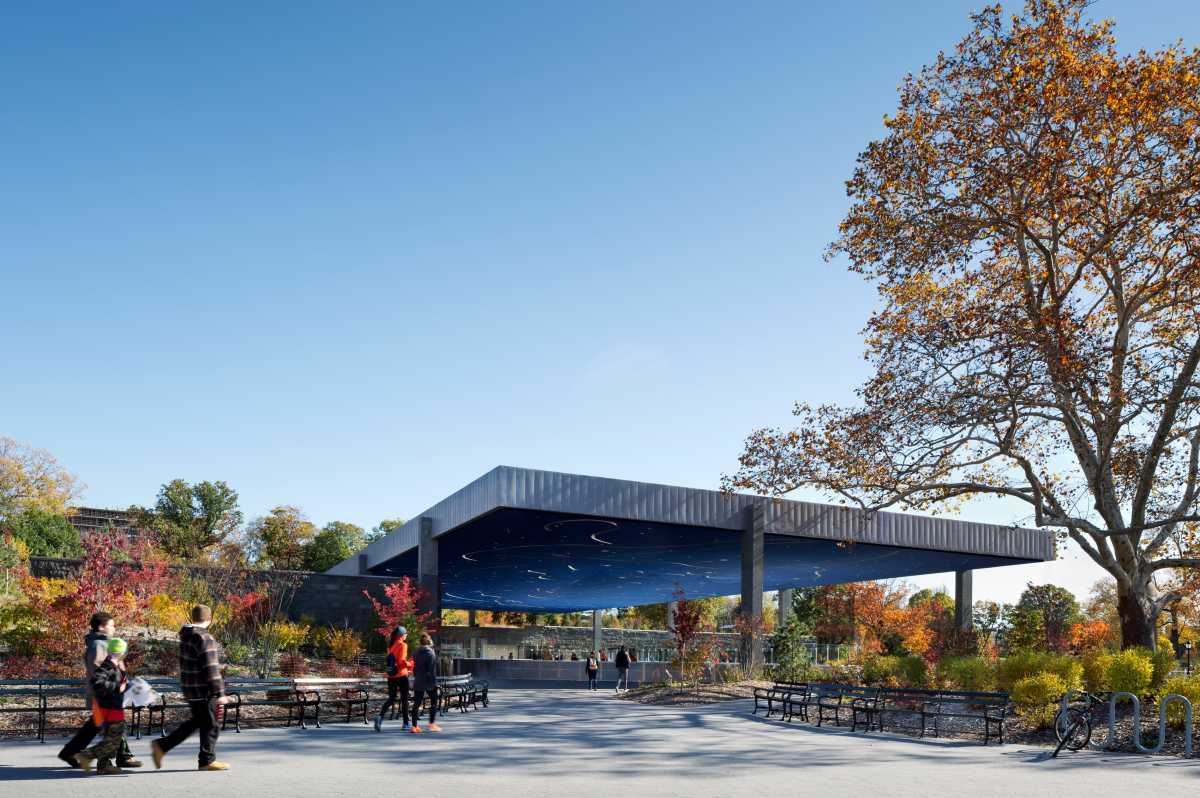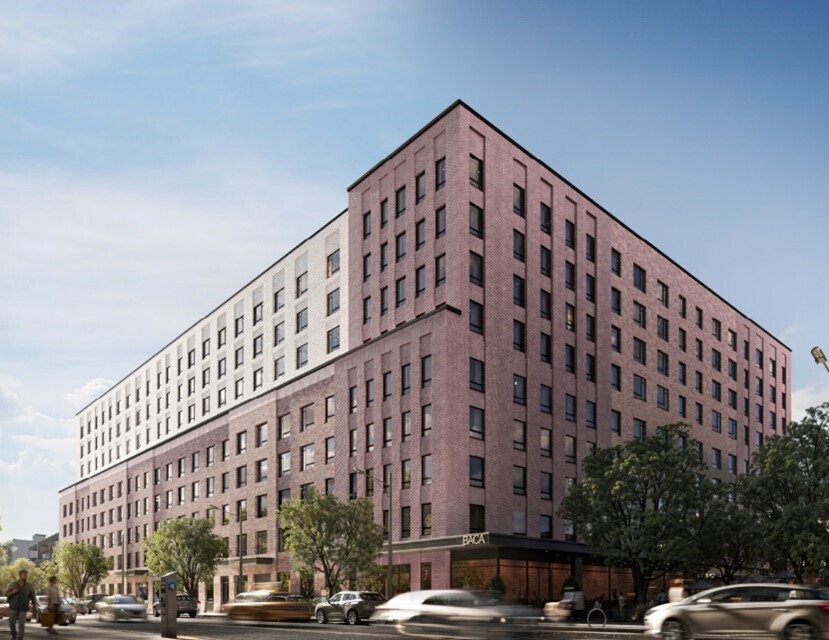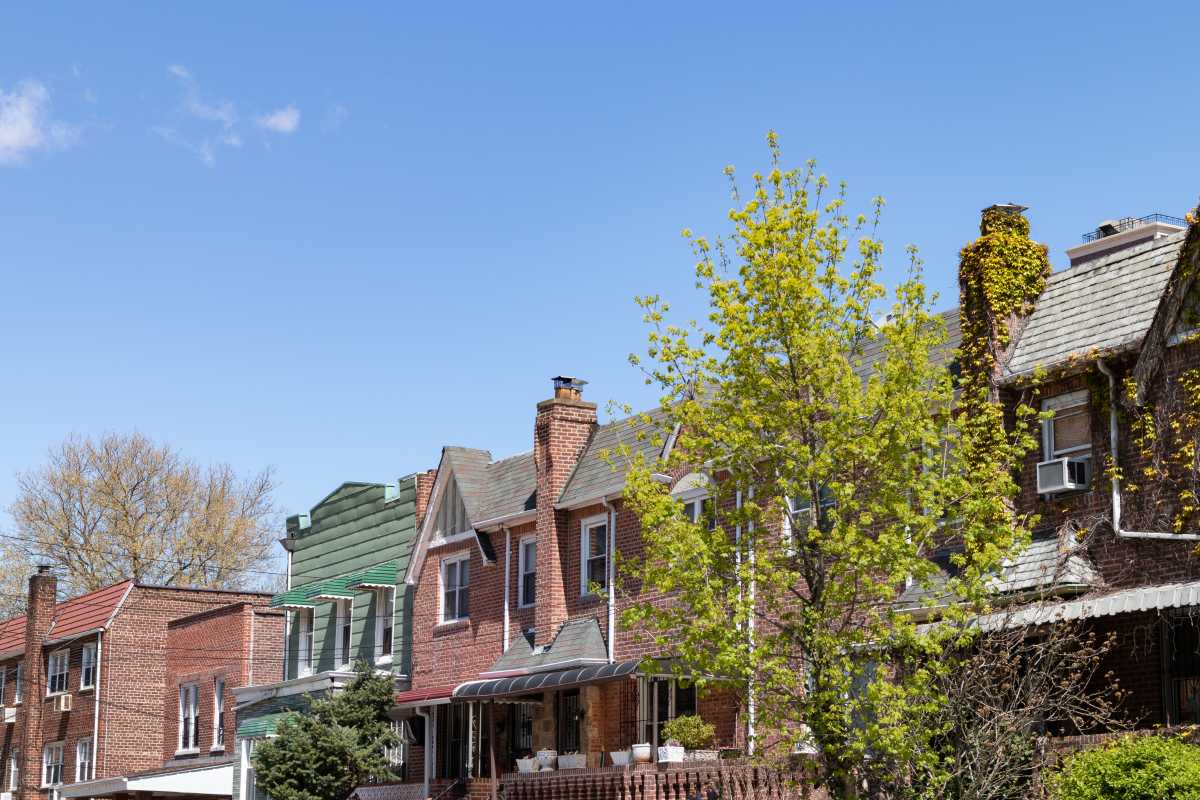
For decades, Far Rockaway residents have listened to official after official detail dreams for a bustling downtown that never seemed to materialize.
But a new city plan finally seems to provide a future for all this fantasizing, according to the area’s city councilman, Donovan Richards.
Following Richards’ lead, the City Council unanimously voted Thursday to rezone a 22-block chunk of downtown Far Rockaway. The changes will allow for denser residential development, including affordable apartments, with new retail, commercial and community spaces on the lower levels.
“Today is a historic day for the Far Rockaway community, after 40 years of false starts and empty promises,” Richards said before the vote. “The zoning tools being put in place today will unlock a treasure trove of sustainable growth — and I say sustainable growth — for decades to come.”
The city committed to spending $126 million in the area. It has agreed to create a new park, pilot a ferry service shuttle to the main landing on Beach 108th Street, build another library and reserve space for an additional school, should the neighborhood come to need one.
The city envisions new stores, revamped sidewalks and an influx of public and private investment attracting local shoppers, who today, often opt to make purchases across the city line in Nassau County. The consumer base could also expand with the anticipated addition of 3,000 apartments over the next decade.
“We know all too well that we are losing millions of dollars to Nassau County,” Richards said. “We know all too well what this means: It means a loss of jobs, struggling businesses . . . blight.”
For instance, the Far Rockaway Shopping Center has had vacant storefronts for decades. But recently, the estate that owns the property has been more cooperative in discussing ways to fix up the area, according to the councilman.
Richards and city officials have said they are optimistic the rezoned area will independently boom.
But if that does not happen, the city has included a 13-acre urban renewal area, which gives the government the ability to seize private property and compensate owners through a highly regulated process.
“Rezonings are not just lines on a map; this is not just an exercise in urban planning,” said Alicia Glen, deputy mayor of housing and economic development. “This is about making a real commitment to a neighborhood that has been disinvested in or ignored for decades.”































